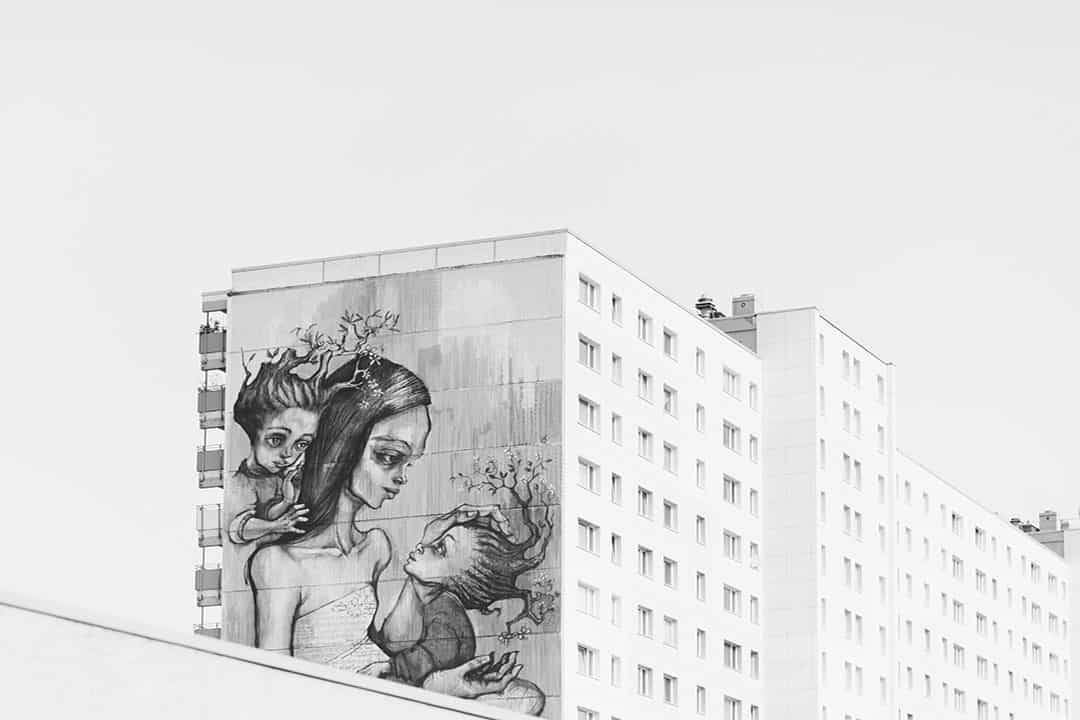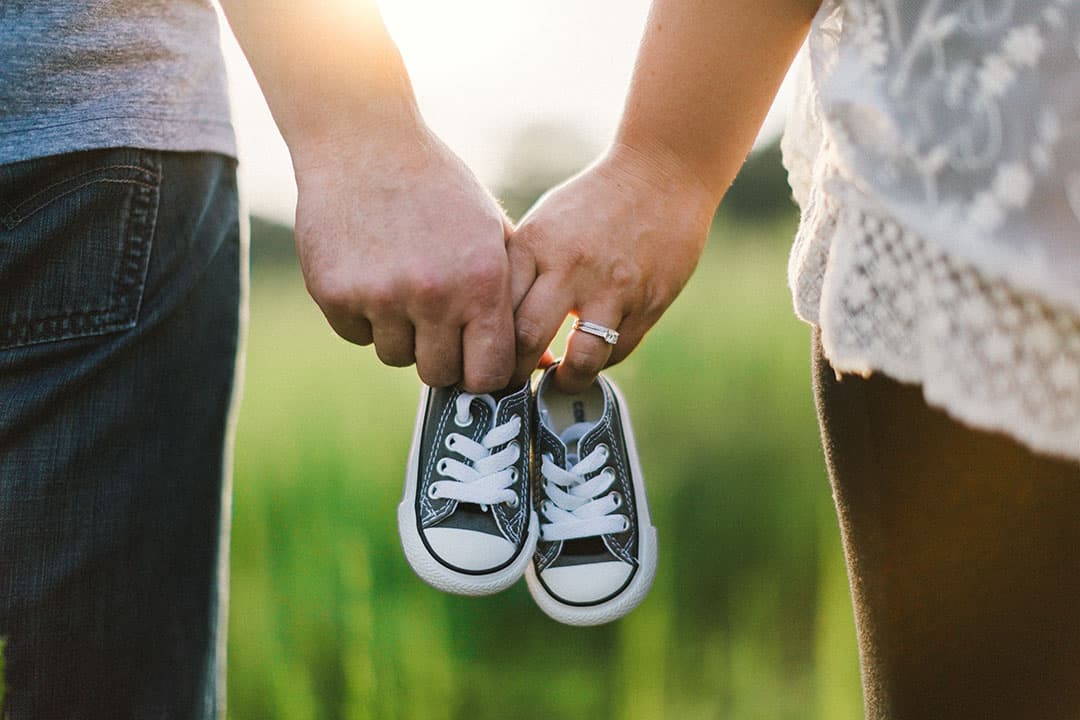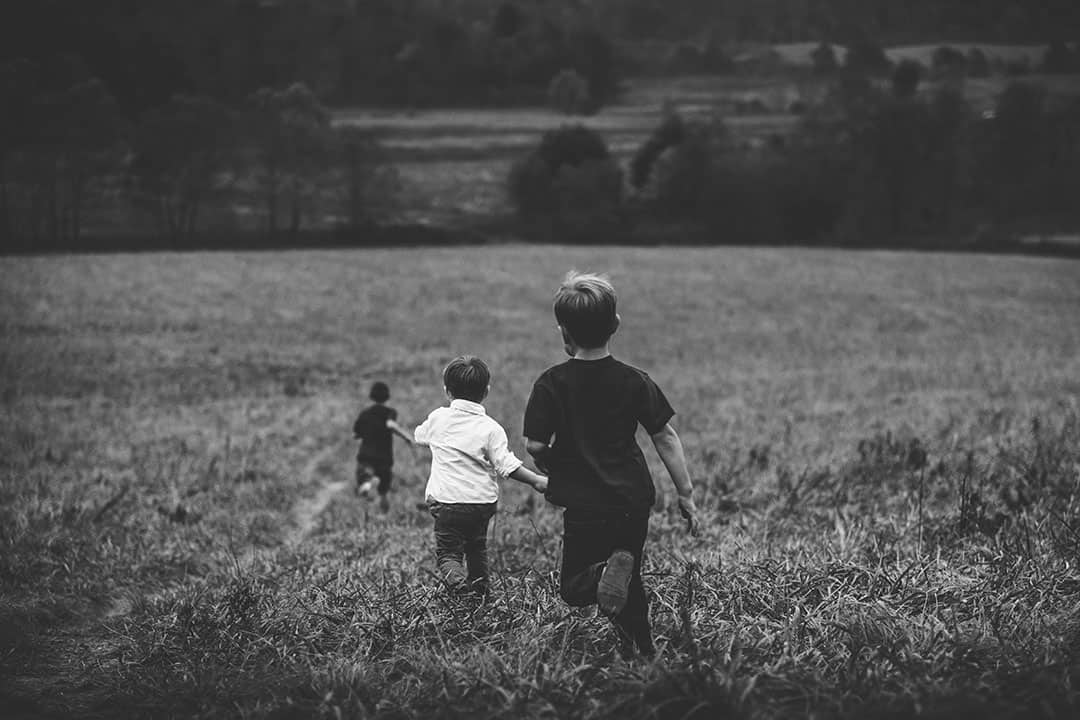What do we mean when we talk about Family dynamics?
We can see family dynamics as being patterns that are distinct to a particular family, in terms of how they interact and relate to one another. As the home is often a microscope of the world, the way that we interact with our family can influence us in the way we then relate to the world in terms of our behaviour and emotionally. The family experience can almost affect our life script and the way we fit into social groups, the workplace, and even our adult relationships.
We all have heard how sibling position (Toman 1976) can affect your character i.e. no two children experience their family in the same way. The older child will have most likely received the most attention and built a different kind of bond to his or her parents than the second born, as their parents would have been younger at that time, they may also have seen things the second and youngest children have never experienced or even been sheltered from, thus this could make the oldest more responsible.
Often we are seen as so and so’s child and as so and so’s sibling and we learn to relate to the world in this manner. Having a loud older sibling can get you labelled as the ‘quiet’ one whether that’s the case or not. Having a sibling who is constantly praised for and known for their intelligence, may force another child into finding their own ‘niche’ and so they become the ‘creative’ or ‘rebellious’ one. So these dynamics can really shape our characters, and the experiences we have.
These experiences do not always have to affect us negatively but often people can find themselves rebelling against the ‘role’ they were given and finding that it upsets the family dynamics, the norm. No one wants to feel like they have been put into a box; unable to grow out of the labels given to them. When we are prevented from evolving and growing, it can affect our wellbeing as we can lose touch with our authentic selves.
These roles can be challenged when a young person leaves for university, moves to another town or goes travelling, as suddenly the dynamics of the family will change to accommodate the departure. It can feel strange for the person who has left the family setting, or liberating even to not be judged in relation to your siblings or who your parents are, you’re just you. A ‘you’ that needs re-defining. This can distress some people who find the dynamics comforting and it can excite others as they discover a new version of themselves in a different setting. It’s also interesting to see how the dynamics are affected when a person returns and is changed. For example, what if the ‘peacemaker’ moves out of the house? How will this affect the dynamics, if there is conflict and it has been that child’s role to mediate between family members? Does another child then take on that role, thus changing their behaviour and experiences, or does the conflict escalate and change the ‘narrative’ of the family?
What if the ‘strong’ one suffers from some trauma and needs support? Does this throw the rest of the family into confusion as roles are being reversed? It could be difficult for children who were labelled as the ‘strong one’ to express they are struggling or ask for help if they have always been relied on to keep the family together, to be the easy-no- fuss one? What implications could this have on that person’s emotional health?
Imagine looking into the future, how would this affect that person’s life, in terms of career, relationships, becoming a parent etc?
What would it look like to be a youngest child parenting an older sibling?

There are also many other factors such as having a soft or strict parent, conflict between family members, ie: parental conflict or separation, how many children there are in the family, cultural ideas, having extended family living with you etc. Everything that happens in the family will have an effect on each member but the interesting thing to note is that each person will have their own version of events, seen through their eyes, through their own perspective, and each unique to each person. These ‘stories’ almost compliment one another and create a ‘narrative’ which later becomes a history.
Dr Murray Bowen developed his family dynamics theory in 1978. He pioneered the idea that we should look at a person’s family dynamics when treating any mental health issue because it gives us important insight into what may be the cause or root of the problem. Could a child acting out with bad behaviour be the cause of changed dynamics within the family system, ie: a parent moving out, or returning after a separation? If a child who has a bond with a parent who then disappears, and the child starts acting up, we can often say it is the disruption, but there is more to it than that, as the new dynamic can be established through certain practices. For example Bowenian therapy may take the child out of the therapy room to focus on the adults and their behaviour and it might also focus on the ‘patterns’ within the family and look at changing them if they have been unhelpful.
Here’s something to think about – how might your family dynamics have shaped your personality?





